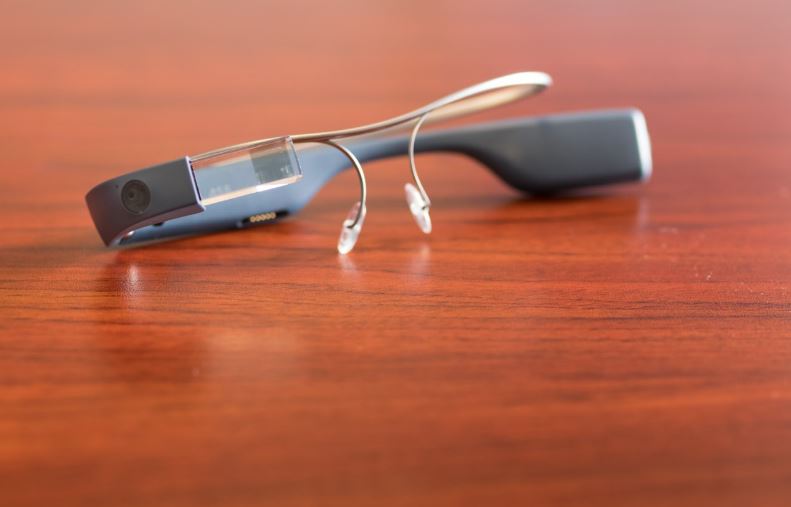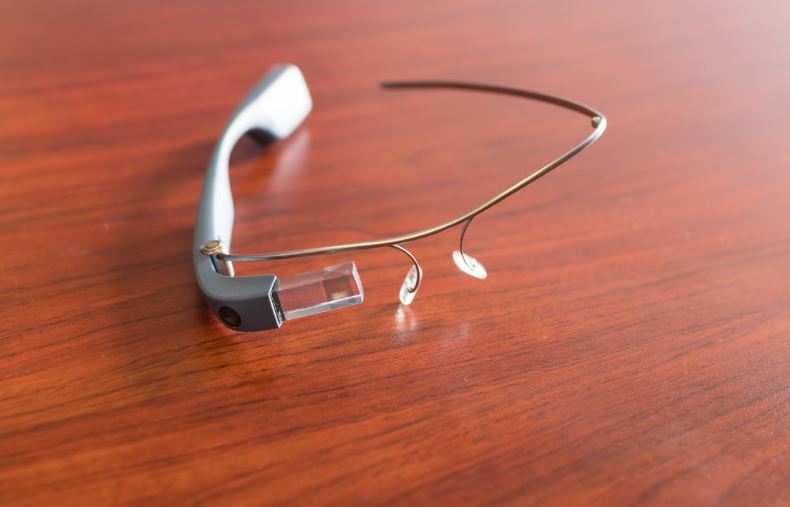Auditing in the 4th industrial revolution
Digital disruptors, the internet of things, 3D food printing, insect proteins, block chain and lab grown meat – these are just some of the terms being bandied about as the trends of the future in the food industry.
Technology is changing the way we do business from farm to fork. Precision agriculture, also known as satellite farming uses GPS tracking systems as well as satellite imagery to keep an eye on weather patterns. The process allows farmers to adjust their crop yields and soil levels promoting efficiency. According to Forbes.com, farmers are already using technology such as moisture sensors, drones, smart irrigation, terrain contour mapping, self-driving and GPS enabled tractors.
It may seem strange to imagine edible food exiting an electronic printer, but it’s a legitimate operation. One company has already managed to make candies using pure sugar and a 3D printer. Drones could soon replace delivery scooters and you are already placing your own orders online. Process automation is already old school – the next generation will be robotics.
While human error can never be eliminated, advancements in technology help minimize the risks. Already, sensors ensure foods are being held at proper temperatures. For instance, centralized, continuous refrigeration monitoring systems signal when temperatures in coolers or freezers rise above safe holding temperatures, eliminating the need to throw away entire coolers or freezers of food due to improperly working units. Coupled with mobile applications, many food company employees conduct inspections, keep temperature logs, conduct training, manage QA forms, access food code information, and more using their mobile devices. Critical food safety information can (literally) be at employees’ fingertips.
The latest technologies are elevating the way many food businesses operate and it is likely this trend will continue. The argument is not only do these technological tools make food safer, but they can also save restaurants, convenience stores, hotels and other food companies a tremendous amount of money each year.
And what about food safety auditing? How will we audit these new innovations? Will our traditional auditing methods soon become obsolete?
While it is unlikely that the traditional face-to-face audits, with opening and closing meetings, will become completely redundant, auditing companies need to be developing their auditors to stay abreast with technological developments and the potential associated food safety risks.
Most auditing companies are already using electronic platforms for the audit criteria and reporting processes. Tablet or mobile applications allow the auditors to capture the details of the audit findings as they occur, with photos to substantiate the findings in real time. Hard copy records can be extremely difficult to integrate and data analysis is time consuming and manual. Digital tools provide more efficient, cost-effective auditing systems, with records that are easy to access and analyze.
But digital auditing is not just using your tablet instead of your clipboard. Remote auditing techniques could also include conducting interviews electronically via video conferencing or even observing a line using closed circuit television cameras. Conducting document review (e.g. records, data analysis, review of procedures) could easily be conducted remotely as a desk study. While these remote activities do have disadvantages such as lack of live clarification and misunderstanding due to the inability to read body language, they are more cost effective. The use of remote auditing techniques has even been recognized by international standards such as ISO 19011 - Guidelines for auditing management systems.
Trained and competent auditors are essential to ensure the audit results can be trusted. The recent Listeriosis outbreak has highlighted some concerns in this area and auditing companies should be reviewing their auditor competencies and training processes. Training auditors is a costly exercise and the only legitimate way is to learn on the job. This process can however pose a risk to the audit outcome if the trainee is not correctly supervised. An auditing company may not have all the necessary technical skills and may need to use a technical expert on some audits – this results in double costs for the client. Fortunately, this is an area where technology can again provide a solution.
Using virtual technology, auditors can receive “on-the-job” training in controlled scenarios. This process can ensure calibration of the auditing team. Wearable technology such as smart glasses can allow a technical expert to assist an auditor in training or during an audit as these allow the technical expert to “see” what the auditor is seeing and advise them. Alternatively, the auditor could navigate a process using a best practice example in the lens of the glasses.


Significant change is coming and offers a huge opportunity for food safety auditing profession to be more relevant and trusted than ever. This new era will require us to embrace change and to train and to develop people with a different range of skills and abilities.
References
https://www.forbes.com/sites/jenniferhicks/2016/12/31/take-a-look-at-how-technology-makes-smart-and-sustainble-farming/
NSF International is a Google glasses partner and is already testing this technology on our audits. Contact us for more details….
www.nsfafrica.com





